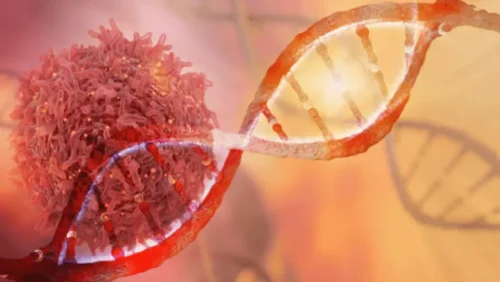
As pertinent postmortem pathology papers were published in the 1950s and recent animal models of Alzheimer’s disease were created in the early 2000s, articles referenced span the years 1957 to 2024. In total, more than 5,000 articles were considered; approximately 400 are referenced herein (i.e., only articles directly related to search terms were included). https://ecosoberhouse.com/ Find out about alcohol-related dementia including symptoms, diagnosis, treatment and support. These reviews were included in the World Alzheimer’s Report 2014 and the National Institute for Health and Care Excellence (NICE) Guidance. Each combined multiple research studies to reach a consensus on alcohol consumption and the development of dementia.
What to know about alcoholic dementia
- However, women who have ARBD tend to get it at a younger age than men, and after fewer years of alcohol misuse.
- New hope arose after the discovery of a medicine called lecanemab, which slows the development of some forms of dementia, such as Alzheimer’s in its early stages.
- Cataracts are marked by the lens of the eye becoming cloudy, resulting in hazy vision.
- It’s possible that a person can prevent this syndrome from getting worse, but they usually must stop drinking and enhance their nutrient intake.
Wernicke-Korsakoff syndrome can occur due to other conditions, but misuse of alcohol is a common underlying factor for its development due to long-term vitamin deficiency. Alcohol has a direct effect on brain cells, resulting in poor judgment, difficulty making decisions, and lack of insight. In short, alcohol misuse over many years can cause dementia in some cases.
Stages of Alcoholic Dementia Symptoms
There is no known cure for several kinds of dementia, including Alzheimer’s disease (the most common form of dementia). However, recent research suggests that as many as 13% of older patients currently diagnosed with dementia may instead have a treatable liver condition that mimics dementia. More recently, a study presented at the annual Alzheimer’s Association International Conference on Monday found exposure to wildfire smoke could be particularly harmful to brain health and may raise the risk of being diagnosed with dementia. Certain risk factors — such as aging, smoking, and depression — are already known, but the role of alcohol has proven more difficult to pin down. Though there are a number of dementia types — including Alzheimer’s disease, which is the most common form — progressive damage to the brain features in all of them.
Alzheimer’s Disease and Dementia
- But there is no way to predict whether a person who consumes large amounts of alcohol will develop alcoholic dementia or not.
- They will determine if a patient’s health status is consistent with the effects of substance misuse.
- The researchers observed cognitive impairments in the mice subjected to alcohol treatment approximately 2 months before the typical timeframe when such impairments would manifest.
- Searches regarding animal models (i.e., rat, mouse) were narrowed by pathological terms or relevant mechanisms (e.g., amyloid, neurofibrillary tangles, presenilin).
- People who are addicted to alcohol are also much less likely to have a balanced diet.
- For people with advanced alcohol-related dementia, treatment may not reverse symptoms.
Dementia is a globally increasing health issue and since no cure is currently available, prevention is crucial. The consumption of alcohol is a controversially discussed risk factor for dementia. While many previously published epidemiological studies reported a risk reduction by light to moderate alcohol consumption, there is no persuasive model of an underlying biochemical mechanism.

But as you drink more — and you don’t need to drink that much more — eventually, the enzymes that break down the alcohol get saturated. So, the alcohol builds up quite quickly,” explains addiction psychiatrist Akhil Anand, can alcoholism cause dementia MD. Participants of the Whitehall II study were not involved in setting the research question or the outcome measures, nor were they involved in developing plans for recruitment, design, or implementation of the study.

Studies show that about 50% of people with Wernicke-Korsakoff syndrome only live eight years after reaching this stage. The primary treatment for alcohol-related dementia is thiamine or vitamin B1 supplementation. Other therapeutic methods may include diet changes and medically assisted reduction of alcohol intake. People with alcohol-related dementia may experience painless vision loss, gait abnormalities, or mental status changes such as apathy and a lack of speech. Some people with advanced cases of the condition may experience hallucinations and irreversible and severe memory impairments. Your answers will help them determine whether malnutrition or chronic alcohol misuse may have caused vitamin B1 deficiency.


